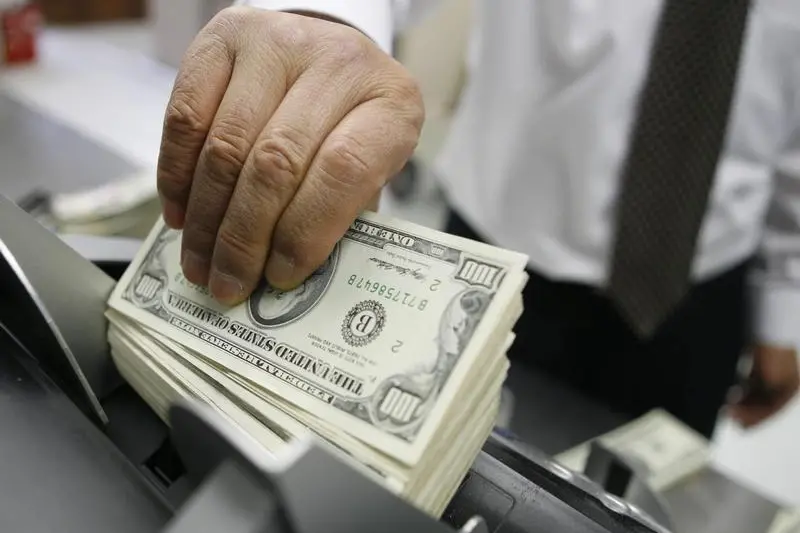PHOTO
The GCC requires $131 billion in combined investment for electricity generation, transmission and distribution over the next five years to cope with increasing demand from growing populations, expanding economies and climate changes.
A new report from Middle East Electricity (MEE), the region's leading annual international trade event for the power industry, also discloses that despite the GCC's current power-generating capacity of 157 Gigawatts (GW) - which equates to 43 per cent of all Middle East and North Africa capacity - its six states will still require $81 billion investment for another 62GW of increased capacity and $50 billion for additional transmission and distribution.
The MEE's estimate of GCC power sector investment size over five years is closer to a forecast made by construction research firm Ventures Onsite. According to Ventures Onsite, the GCC power sector requires $137 billion of investment over the next five years to cope with rising demand.
"Capacity in the region needs to expand at an average annual pace of eight per cent between 2016 and 2020. This will require an estimated $85 billion for the addition of 69GW of generating capacity and a further $52 billion for transmission and distribution," said the report by the construction research firm.
The report forecasts a 14 per cent year-on-year increase in GCC power construction contractor awards in 2017.
According to the MEE report, Saudi Arabia accounts for the largest spend needs with $36 billion required for generation and $23 billion for transmission and distribution, followed by the UAE at $22 billion investment needed for generation and $13 billion for transmission and distribution. Kuwait requires the third largest investment with $8.4 billion needed for generation and $5.2 billion for transmission and distribution, followed by Oman at $6.8 billion and $4.2 billion, respectively; Qatar requires $5.5 billion and $3.4 billion, respectively, with Bahrain needing the least investment at $1.9 billion and $1.1 billion, respectively.
The report says much of the investment is likely to come from public-private partnerships (PPP) if a regulatory framework is introduced to incentivise independent power producers (IPP).
Over the last two decades, the PPP model has become the most attractive financing mechanism for the GCC power market. The report outlines reliance on IPPs will grow but warns: "According to industry experts, there also arises the need for the power sector to establish a regulatory framework to push for the private sector's participation."
"GCC governments need to ensure that IPPs play a larger role in power generation and not be looked upon as a short-term fix to increasing demand," said the MEE report.
Copyright © 2017 Khaleej Times. All Rights Reserved. Provided by SyndiGate Media Inc. (Syndigate.info).





















